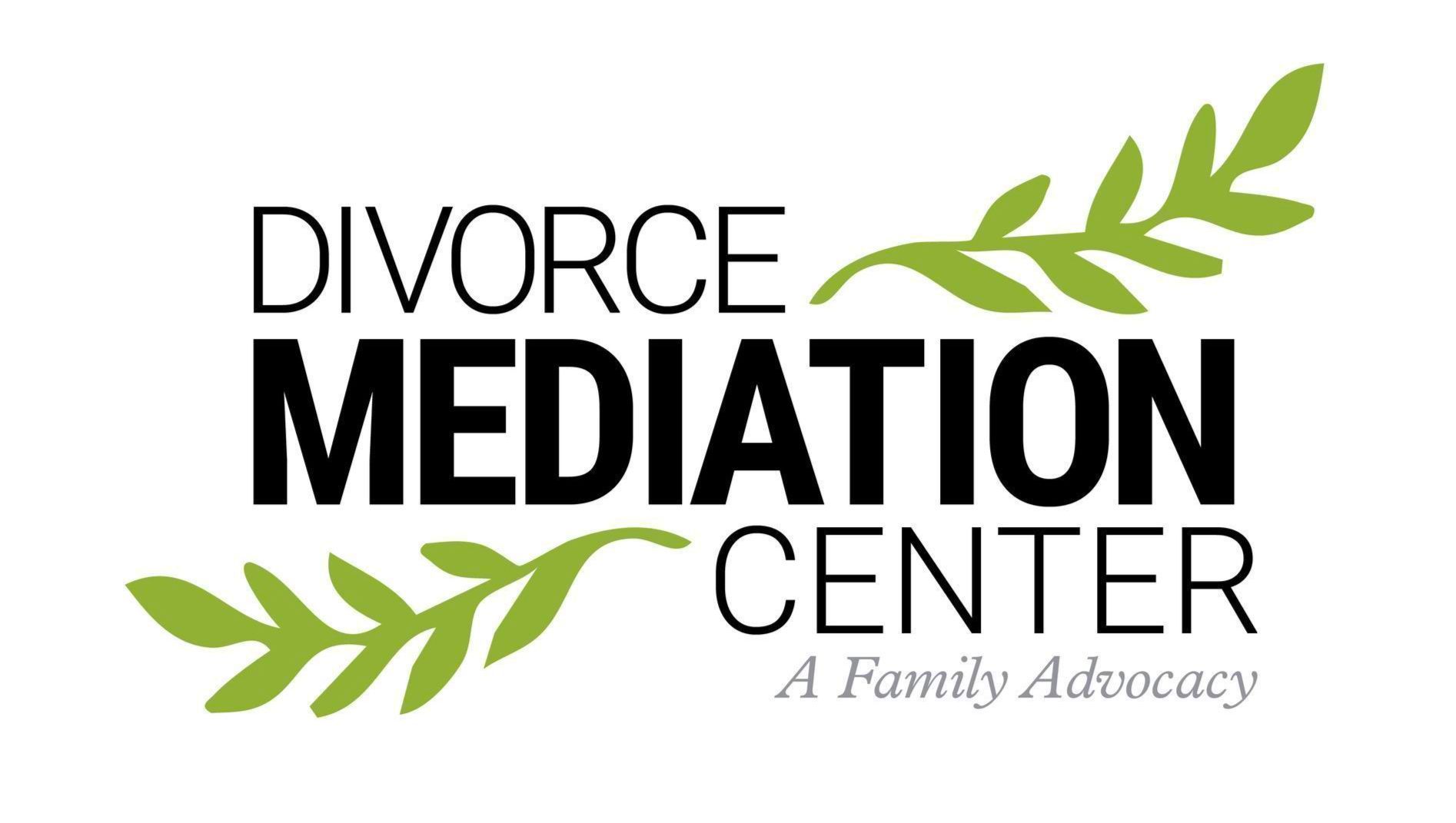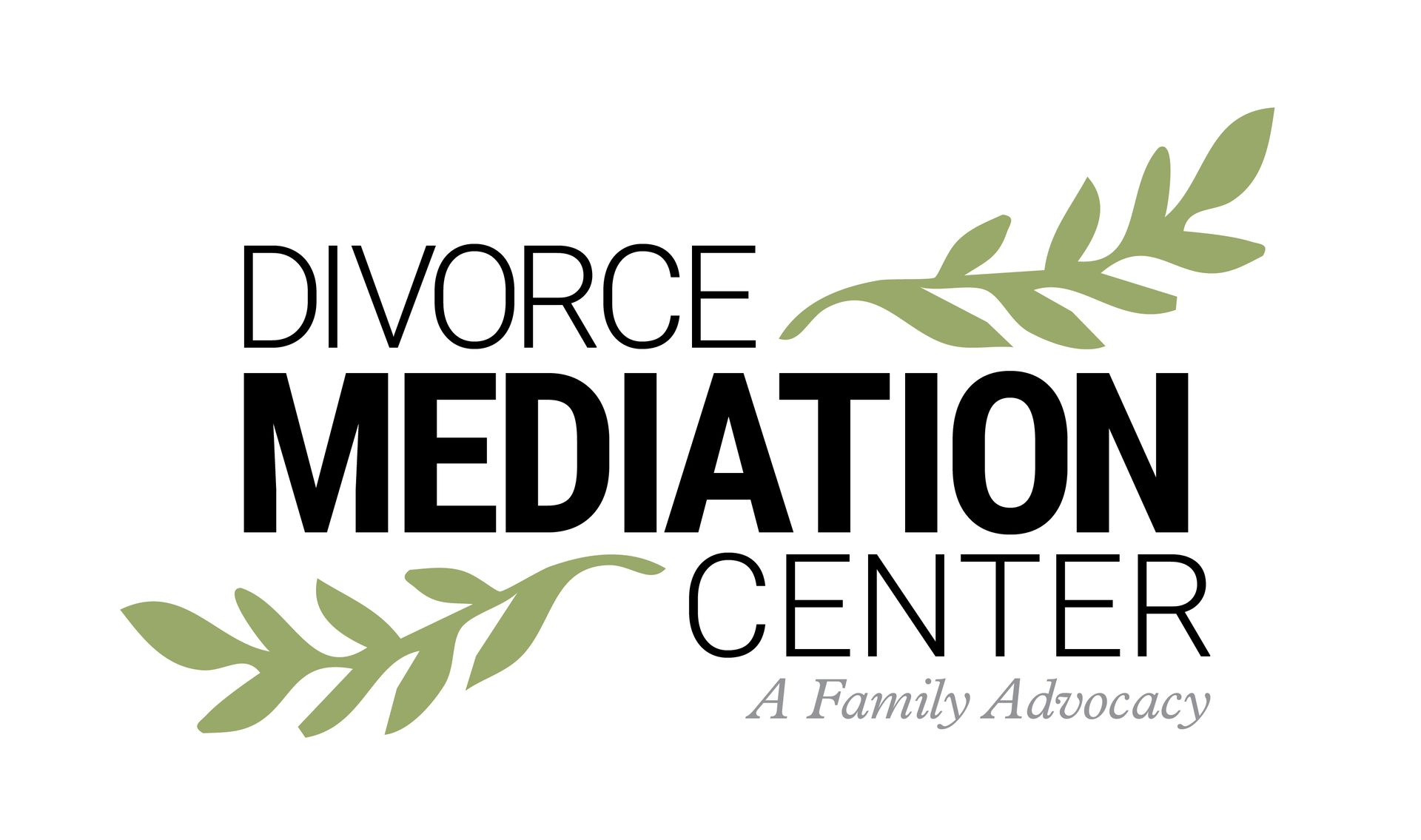How Children Grieve in Divorce Part 2
In this series on Minimizing Child Wounding of Divorce, we previously discussed what specifically causes stress to children of divorce in part 1. Today in part 2 we will discuss how children grieve in divorce. As children develop they need to have secure attachments to both parents in a stable and safe environment. They need to be allowed to express love for both parents and remain connected to both parent’s lives and extended families.
They need to be “allowed” to be a child, not an adult or parent confidant; deserve to be loved unconditionally and allowed to express their feelings as a child. They have the right to be informed of family changes (such as moving homes, schools, etc.). A child will fare more resiliently when their primary caregiver is reliable, predictable, consistent and nurturing to meet their needs more often than not. Consistent contact with a competent non-primary custodial parent has been shown to enhance the adjustment of children, especially children of the same sex of the non-primary custodial parent.
When grieving the change in the family structure the stages of child grief include:
- Denial: simply do not believe their parents are going to divorce, they reassure themselves that their parents will stay together, reconcile or soon reunite, this often persists for years
- Anger: are furious at parents for allowing it to happen, ruining their lives and often some form of acting out accompanies this anger
- Bargaining: they may believe some real or imagined misbehavior on their part drove the parents apart and may try to undo the damage by changing their own actions
- Depression: experience pervasive sadness, unusually tired, express physical pain Often self-motivated children who reach this stage need be watched closely as they may be overcompensating to control the suffering and emotions they feel
- Acceptance: occurs mostly in older children and young adults as they gain the emotional experience to understand that the divorce was for the best for the family
Parents experience stages too. They might inadvertently put the emotional needs of their children on hold while they deal with their own feelings. Children suffer as a result and may become stuck in one of the stages, often the denial stage.
Consequences of the divorce can often be considerable for one or both parents. Severe emotional, physical and financial consequences brought on by a high-conflict litigated divorce court process often affect their parenting ability and skills. Parents may make the mistake of elevating the child to a role of companion or may become harsh or distant as they misdirect hostility for the other parent onto the children.
When divorce affects the financial stability of one household or both, the children may be viewed as abandonment but also puts children at risk and vulnerable to child predators) or older siblings may be overburdened with watching younger siblings or added house chores.
For these reasons, when a practical financial approach is used through a low-conflict method of divorce (as offered by Family Mediation Centers) the long term effects on the children can be dramatically impacted for the better.
The grief process for children post divorce is perfectly normal and parents should be pro-active in seeking immediate emotional support for their children with licensed counselors who specialize in “families in transition” counseling. A few sessions for the children (6-12) can set the stage for a more resilient response to change and can substantially minimize the risk of escalated problems down the road. Most licensed counselors who specialize in counseling for children will offer this.
*This article is an excerpt from Family Divorce 101-Transitions Resource with express permission from contributors Marti Kitchens-Cobb, LMFT and Jeri Amann-Apple, LMFT, LCSW and their published/trademarked Children of Divorce Co-Parenting Seminar.
More information on this topic in our new book Family Divorce 101-A Guide to What Divorcing Families Should Know or our book for Therapists: Family Divorce Therapy 101-A Clinician’s Guide to Best Practices for Treating Families Pre/During/Post Divorce (Amazon)
More divorce support, advice and tips in Transitions Divorce® Prep Workbook
Disclosure of Material Connection: I have not received any compensation for writing this post. I am disclosing this in accordance with the Federal Trade Commission’s 16 CFR. Part 255: “Guides Concerning the Use of endorsements and Testimonials in Advertising.”
Disclaimer: This is my personal blog. The opinions I express here do not necessarily represent those of my organization, Transitions Resource, LLC. The information I provide is on an as-is basis. I make no representations as to accuracy, completeness, suitability, or validity of any information on this blog and will not be liable for any errors, omissions, or delays in this information or any losses, injuries, or damages arising from its use.





